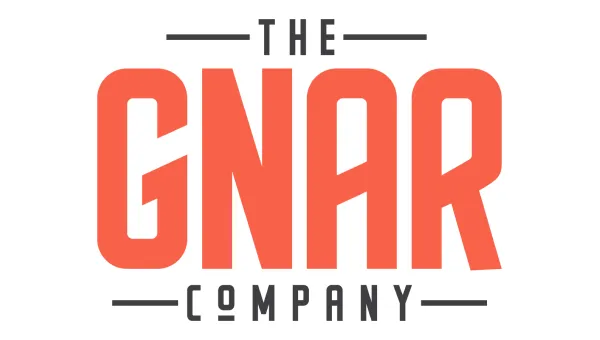Evaluating Alternatives
- To Change Or Not To Change
- Consistency Conundrum
Consistent Starting Point
In our previous post, we wrote the following code:
def complex_calculation(base_price, promo_code)
# calculation
endWe received this suggestion in code review:
You could consider using keyword arguments for this method.
On the whole, we agree that keyword arguments would benefit this method. However, if keyword arguments are never used in this application, does that mean we shouldn't do it? We don't want to be inconsistent!
Let's consider some choices we could make specifically in regards to consistency within our application.
Options
Do Nothing
Generally, I don't think this gets the credit it deserves as an explicitly-defined option. The inertia of the system may be too great to warrant making the change. The choice to write or structure code in the application this way may be intentional and necessary. It may introduce too much cognitive overhead to justify making the change. There are lots of excuses I could make to justify not doing the work!
I don't think any of these apply to our keyword arguments example. However, if someone suggested:
This computation is natively supported in NumPy. Have
you considered integrating that?
Then I may want to cross-reference the implementations for correctness, but I may not want to rewrite my application in Python or explore Ruby/Python bridges to use that one function. I'm drawing on the consistency of the rest of my application being written in Ruby to justify that choice.
Make The Change Everywhere
We could decide to invest the time and energy to use this convention everywhere immediately. Then, we'd be consistent throughout our application!
In the case of our keyword arguments example, I would advise against that, unless there are only one or two other places where we'd use them, and they're easily identified.
Even then, I'd think twice about it. Any change has a risk, and changing the working code purely in the name of consistency is a risk with limited upside.
However, consider this change:
def desired_widgets
Widget.where("status IN #{user_input}")
endWith the following code review suggestion:
We should modify this method to sanitize user input before sending it as part of a database query.
If we created the query like this because it's consistent with how other queries are written, then it's time to drop everything and change that everywhere. We've opened ourselves up to SQL injection attacks and we need to immediately invest the time to remediate those issues for our application's health and safety.
As a side note, consider a static security analysis tool like Brakeman to run automatically as part of your build process so that your application is not solely relying on reviewers' eyes to catch critical security implications.
Make The Change Here, And Going Forward
For our keyword arguments example, I suggested not to make the change everywhere. However, that doesn't mean we should ignore it in the name of consistency. If there's a demonstrated benefit, we should take advantage of that. Instead, we can embrace the consistency of the standard going forward. As you make future changes, be mindful of current best practices and conventions, and change existing code to meet those conventions as you have another reason to change the code.
Lastly, document these conventions so that it's clear to all team members what the expectations are going forward if you encounter this question. That can reduce ambiguity and help people understand why this internal inconsistency exists.
This approach of leaving the code better than you found it can apply to long-reaching goals as well. If you're converting an application from JavaScript to TypeScript, you can convert files as you need to change them. If you're updating an application from feature specs to system specs, you can do that as you change the area of code the feature spec is testing.
Being Consistently Inconsistent
Software development is a rapidly evolving ecosystem of best practices, tools, and approaches. While we don't intend to chase trends, we also need to incorporate new improvements that will benefit our applications - as long as we're intentional about them. For a healthy, long-running application, that can mean applying new paradigms in areas under active development, while leaving existing work in its current state for the time being.
Living in the two worlds can be uncomfortable, and it is inconsistent. But it's intentional inconsistency with a plan towards consistency and based on a value judgement on the cost of the change vs. the benefit it'll provide.
Learn more about how The Gnar builds Ruby on Rails applications.





